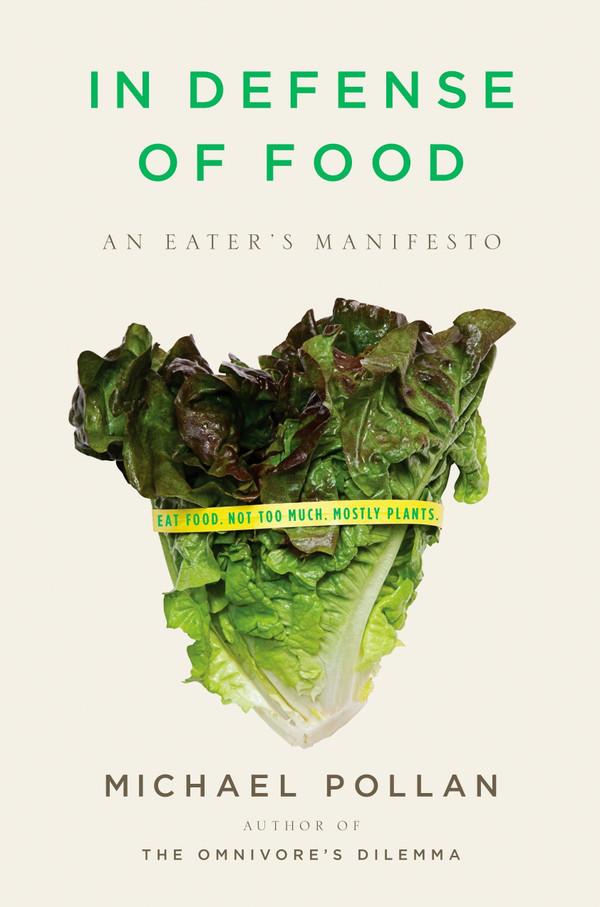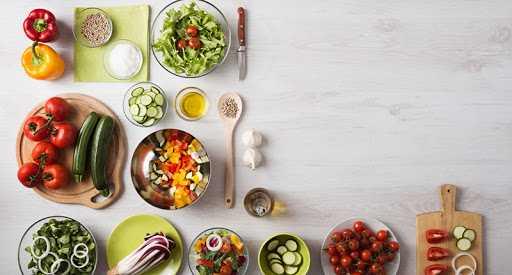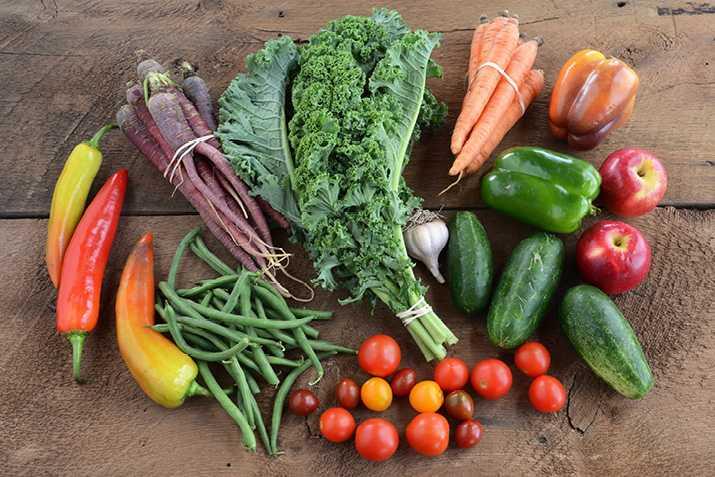Explore the World's Best Ideas
Join today and uncover 100+ curated journeys from 50+ topics. Unlock access to our mobile app with extensive features.
The Rise of Nutritionism
- Nutritionism is not the same as nutrition. It is not a scientific subject but an ideology.
- Ideologies are ways of organizing large areas of life and experience under a set of shared but unexamined assumptions.
- For nutritionism, the widely shared but unexamined assumption is that the key to understanding food is the nutrient; foods are essentially the sum of their nutrient parts.
- This means that to live in this ideology of eating unseen nutrients (unlike food, we don't see nutrients) you need lots of expert help.
- Nutritionism is good for the food business but no so much for us.
1.36K
14.3K reads
The Continual Battle of One Nutrient Over Another
Nutritionism divides nutrients in food into healthy and unhealthy ones: good nutrients and bad. This ideology has a hard times making a qualitative distinctions between foods.
Fish, beef and chicken become in this case just delivery systems for varying quantities of fats, proteins and other nutrients are on their scope. In the same way, any qualitative distinctions between processed foods and whole foods disappear when your focus is on quantifying the nutrients they contain.
1.01K
6.8K reads
The Industrialization of Eating: The Essential Transformations
- From whole foods to refined: a change toward increasingly refined foods (mostly carbohydrates)
- From complexity to simplicity: the industrialization of the food chain has involved a process of chemical and biological simplification
- From quality to quantity: not only we’re eating a whole lot more but we’re getting substantially less nutrition per calorie than we used to.
- From leaves to seeds: leaves provide a host of critical nutrients a body can’t get from a diet of refined seeds.
- From food culture to food science: the industrialization of food is deliberately undermining traditional food cultures everywhere.
1.07K
5.58K reads
Getting Over Nutritionism
To escape the Western diet and the ideology of nutritionism, we have only to stop eating and thinking that way.
- Instead of stressing over nutrients, just avoid any food that has been processed to such an extent that it is more the product of industry than of nature.
- The surest way to escape the Western diet is simply to depart the realms it rules: the supermarket, the convenience store, and the fast-food outlet.
1.08K
5.23K reads
Eat The Food
- Don’t eat anything your great grandmother wouldn’t recognize as food
- Don’t eat anything that is incapable of rotting
- Avoid food products containing ingredients that are unfamiliar, hard to pronounce unpronounceable, more than five in number, and that include high-fructose corn syrup
- Avoid food products that make health claims; a health claim on a food product is a good indication that it’s not really food
- Shop the edges of the supermarket and stay out of the middle. In most supermarkets, processed food products dominate the center aisles while fresh food line the walls
- Get out of the supermarket whenever possible and go to a farmers’ market.
1.24K
5.24K reads
Eat Mostly Plants
- Eat mostly plants, especially leaves
- Eat as many different kinds of plants as possible as they all have different antioxidants
- Plant foods—with the exception of seeds—are less energy-dense so you’ll likely consume fewer calories
- We don’t need to eat meat—with the exception of vitamin B12, every nutrient found in meat can be obtained somewhere else
- If you eat meat, buy it in bulk and freeze it. Freezing does not significantly diminish the nutritional value of produce
- The greater the diversity of foods you eat, the more likely you are to cover all your nutritional bases
- Eat well-growth food from healthy soils: look for food that is both organic and local
- Eat wild foods when you can
- Eat according to the rules of your traditional food culture
1.19K
4.22K reads
How to Eat
- Pay more, eat less. Better food costs more.
- Eat until you are 80% full. It takes 20 minutes before the brain gets the word that the belly is full. Eat slower and consult your sense of satiety
- Eat meals. Snack less
- Do all your eating at a table and try not to eat alone
- Serve smaller portions on smaller plates
- Use glasses that are more vertical than horizontal. We tend to pour more into squat glasses
- Leave healthy foods in view, unhealthy ones out of view
- Leave serving bowls in the kitchen rather than on the table to discourage seconds
- Eat slowly. “Slow” in the sense of deliberate and knowledgeable eating
- Cook and, if you can, plant a garden. The food you grow yourself is fresher than any you can buy.
1.31K
5.45K reads
IDEAS CURATED BY
Journee R.'s ideas are part of this journey:
Learn more about books with this collection
Different types of fasting
How fasting can improve your overall health
How to prepare for a fast
Related collections
Discover Key Ideas from Books on Similar Topics
1 idea
How To Fit Healthy Eating Into Your Day - Spur Planners
spurplanners.com
7 ideas
Protein mania: the rich world’s new diet obsession
theguardian.com
3 ideas
Read & Learn
20x Faster
without
deepstash
with
deepstash
with
deepstash
Personalized microlearning
—
100+ Learning Journeys
—
Access to 200,000+ ideas
—
Access to the mobile app
—
Unlimited idea saving
—
—
Unlimited history
—
—
Unlimited listening to ideas
—
—
Downloading & offline access
—
—
Supercharge your mind with one idea per day
Enter your email and spend 1 minute every day to learn something new.
I agree to receive email updates


